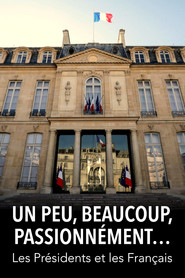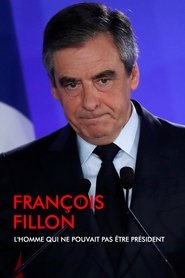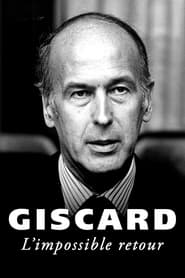detail profile jean pierre raffarin
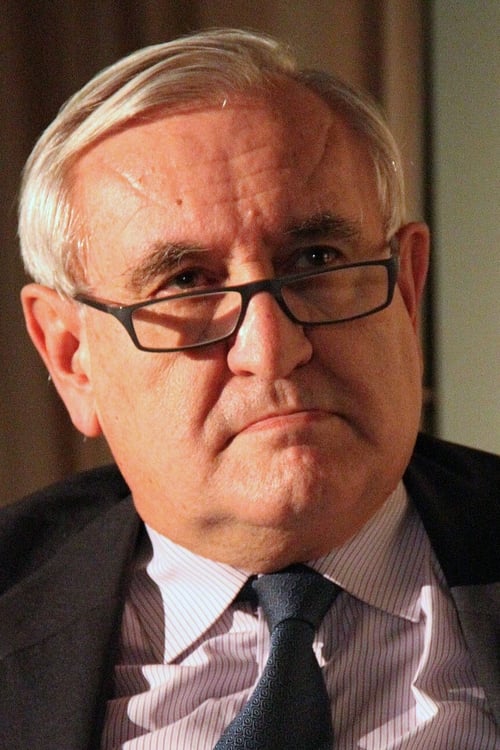
Riwayat Hidup
Jean-Pierre Raffarin OQ (born 3 August 1948) is a French politician who served as Prime Minister of France from 6 May 2002 to 31 May 2005.
He resigned after France's rejection of the referendum on the European Union draft constitution.
However, after Raffarin resigned, he said that his decision was not based on the outcome of the vote.
Opinion polls following his resignation suggested that Raffarin was one of France's least popular Prime Ministers since the Fifth Republic was established in 1958.
However, according to the book France: 1815–2003, written by Martin Evans and Emmanuel Godwin, Raffarin was "a remarkably popular Prime Minister" despite his ability "to state the obvious and to make empty statements".
He was also Vice President of the Senate from 2011 to 2014.
Born 3 August 1948, Raffarin grew up in Poitiers, the son of a prominent national figure: his father Jean Raffarin was vice-minister of Agriculture in the government of Pierre Mendes-France (1954–1955).
He studied law at Université Paris-Panthéon-Assas and later graduated from the École Supérieure de Commerce de Paris.
He started his professional career in marketing.
In the 1970s, his first political commitment was in the association of Valéry Giscard d'Estaing's young supporters.
Defining himself as a "giscardien", he joined the staff of Lionel Stoléru, Secretary of state for Manual Workers and Immigration, and the Republican Party, the liberal-conservative component of the centre-right confederation the Union for French Democracy (UDF).
In the 1980s, he started a career in local politics in Poitou-Charentes region.
With the support of René Monory, the local political leader, he took the chair of the regional council in 1988.
Seven years later, he was elected senator of Vienne département.
.
.
.
Source: Article "Jean-Pierre Raffarin" from Wikipedia in English, licensed under CC-BY-SA 3.
0.
Info Pribadi
Peran Yang Di Mainkan Jean-Pierre Raffarin
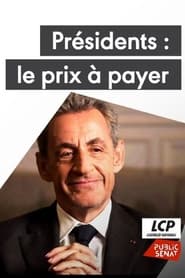 This documentary explores the major social...
This documentary explores the major social...Président : le prix à payer - Face à la rue 2023
This documentary explores the major social reforms led by the Presidents of the Fifth Republic, from the legalization of the pill under De Gaulle to PMA under Macron. Through rare archives and insights from key political figures like Nicolas Sarkozy and François Hollande, it reveals the hidden motivations behind these decisions; whether driven by conviction, opportunism, or reluctance.
 Documentary on chansonniers French singers writing...
Documentary on chansonniers French singers writing...Liberté, égalité, chansonniers ! 2022
Documentary on chansonniers, French singers writing comedy songs about politics.
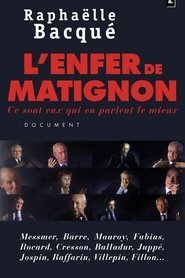 In a series of long interviews 12...
In a series of long interviews 12...L’enfer de Matignon 2008
In a series of long interviews, 12 prime ministers talk about their experience in the upper echelons of power. The function of prime minister, torn between the president and the parliament, appointed without necessarily being elected but responsible for everything, is at the center of debate. With the exception of Jacques Chirac (1974-1976 and 1986-1988), deliberately left out because of his image as French President, those who governed France for the past 35 years agreed to discuss the exercise of power, as seen through archive footage, but also how they experienced it personally. Filmed in the same studio and sitting in the same chair, 12 French prime ministers talk freely about their time in office, from their appointment until their resignation.
